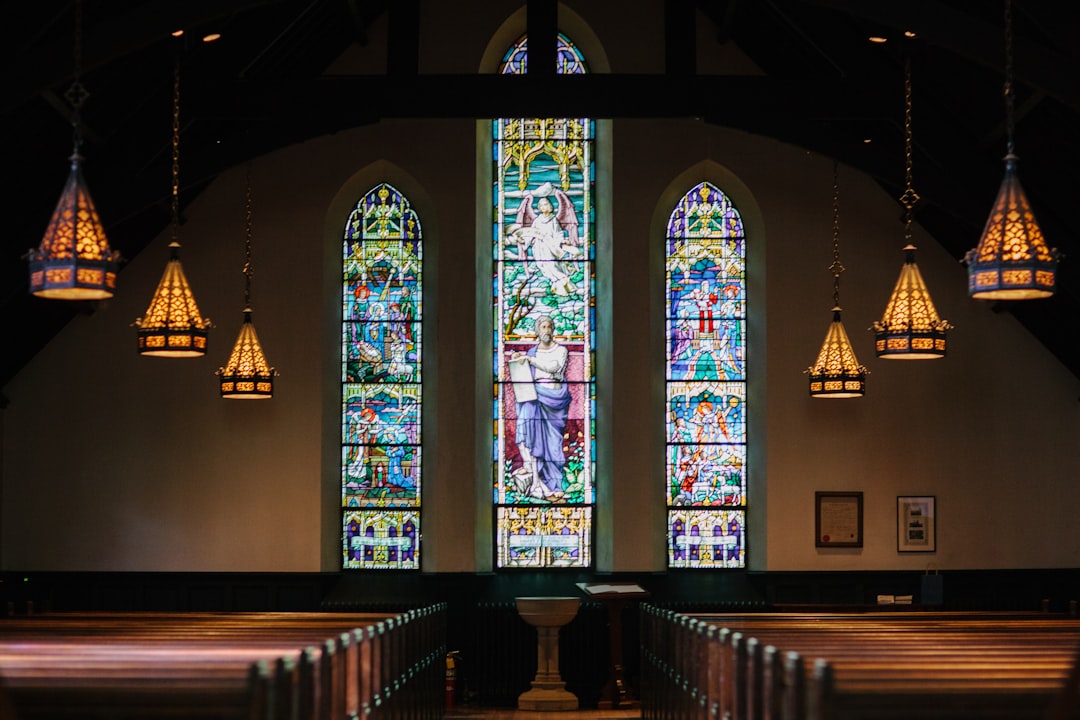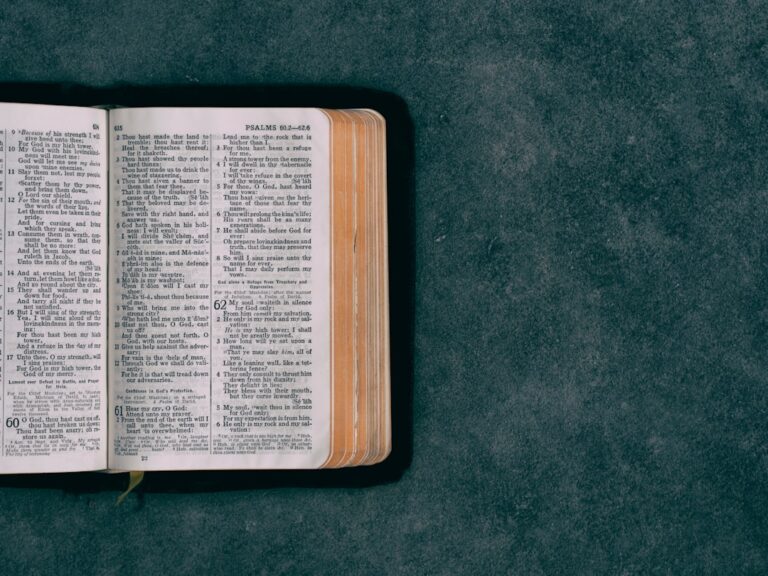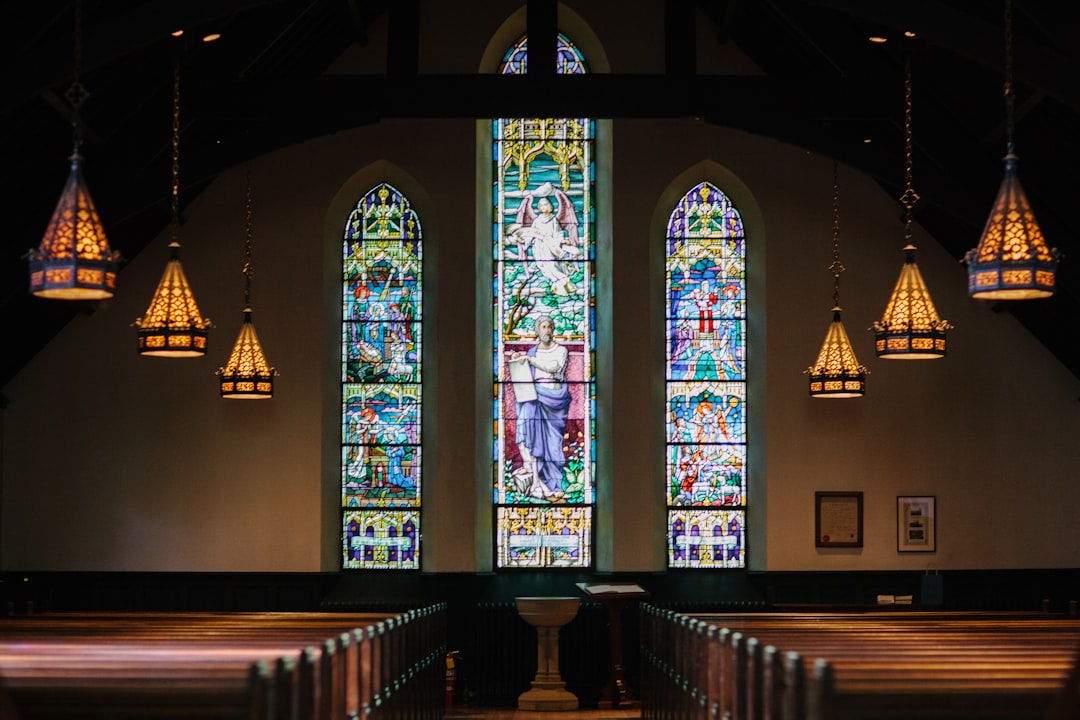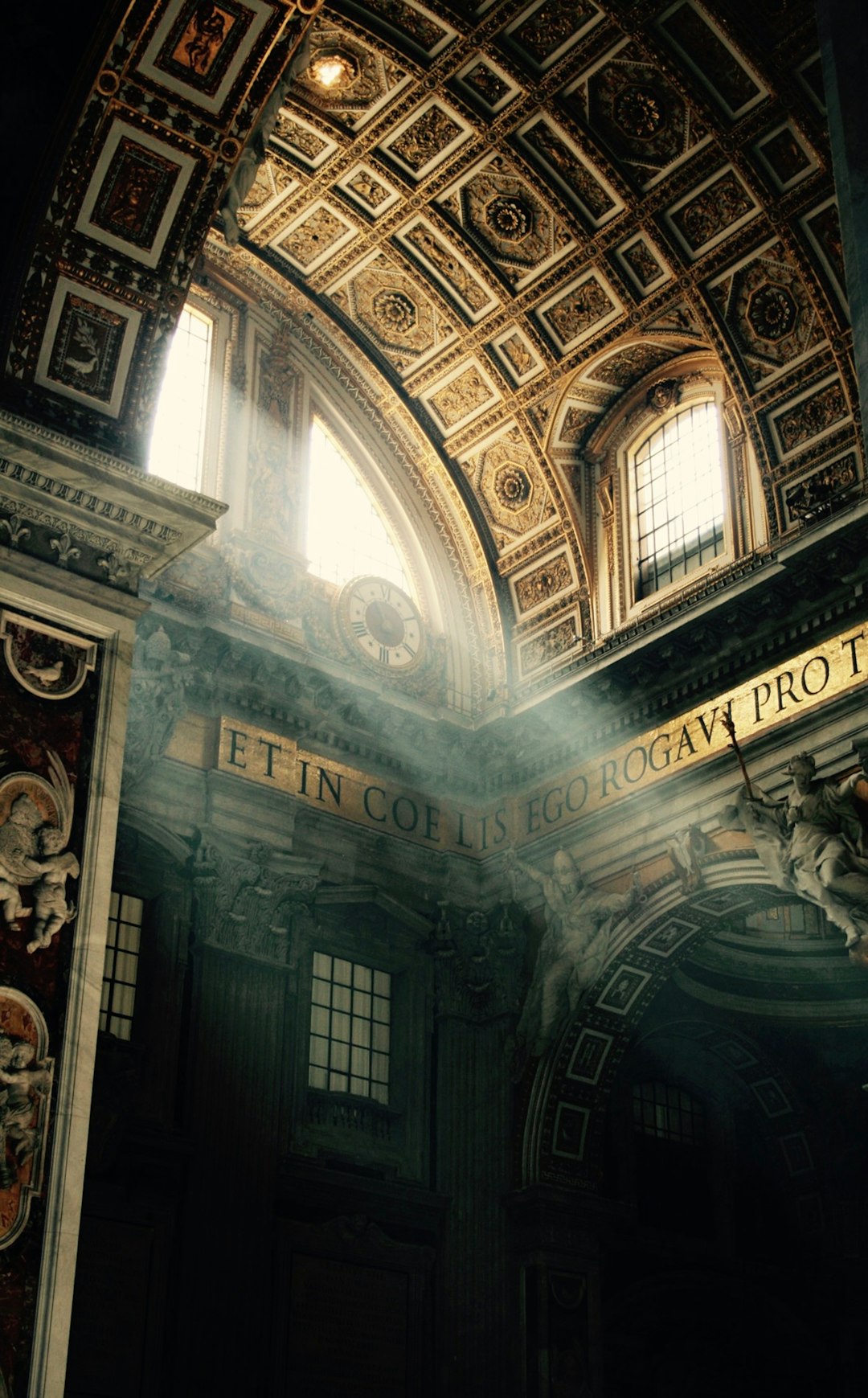In South Carolina, recognizing clergy abuse is crucial for victims seeking justice. Local clergy abuse law firms have identified common patterns like control, manipulation, and coercion within religious institutions. These firms assist survivors in navigating legal processes, filing lawsuits, and ensuring their rights are protected. When selecting a firm, focus on specialized experience, victories, knowledge of state laws, and empathy. Robust evidence gathering, guided by reputable firms, is key to a strong case. Many survivors also seek support for healing after the legal process. Clergy abuse law firms South Carolina provide tailored guidance and connect clients to relevant resources.
In South Carolina, the issue of clergy abuse has garnered increasing attention, highlighting the need for comprehensive guidance for victims seeking justice. This article offers an essential resource for individuals who have experienced sexual assault or misconduct by religious leaders in the state. We explore various aspects, from recognizing patterns and understanding legal rights to choosing the right law firm and building a solid case. By delving into these topics, we aim to empower survivors and guide them through the process of seeking compensation and healing after an incident of clergy abuse.
Understanding Clergy Abuse: Recognizing Patterns and Red Flags in South Carolina

In South Carolina, recognizing and understanding clergy abuse is crucial for victims seeking justice. Clergy abuse law firms in South Carolina have seen patterns emerge over the years, helping individuals identify red flags that may indicate abusive behavior within religious institutions. Common signs include excessive control over members’ lives, manipulation tactics, and emotional or physical coercion. Victims may experience a sense of isolation, fear, or guilt, making it difficult to speak out.
South Carolina clergy abuse law firms advise that patterns can vary widely depending on the abuser’s methods. They may exploit their position of power by manipulating religious teachings or using threats to maintain control. It’s important for members of religious communities to be vigilant and report any concerning behavior. By understanding these red flags, victims can take steps towards recovery and hold perpetrators accountable.
Legal Rights of Victims: Navigating South Carolina's Laws on Sexual Assault and Clergy Misconduct

In South Carolina, victims of sexual assault and clerical misconduct have specific legal rights and protections under the law. If you’ve been a victim of such crimes, it’s crucial to understand your options and the steps to take. The state has laws in place to ensure that survivors receive justice and support. One important aspect is the availability of clergy abuse law firms in South Carolina, which specialize in handling cases involving religious institutions and their leaders.
These legal professionals can guide victims through the complex process of filing a lawsuit against perpetrators or institutions responsible for the assault. They understand the unique challenges and sensitivities surrounding such cases, ensuring that clients’ rights are protected while navigating the state’s laws effectively. This support is vital in helping survivors find closure and receive compensation for their suffering.
Choosing the Right Law Firm: What to Look For When Pursuing a Clerical Assault Suit in SC

When considering a law firm to handle your clerical assault lawsuit in South Carolina, it’s crucial to choose one with proven experience in handling sensitive cases involving clergy abuse. Look for firms specializing in personal injury and sexual harassment lawsuits, as they will have the expertise to navigate the unique legal challenges of these cases.
Ensure the firm has a strong track record of successful outcomes, a deep understanding of South Carolina laws pertaining to clerical assault, and a commitment to protecting the rights and privacy of their clients. Additionally, consider attorneys who are compassionate and empathetic, as they can provide the support you need during this difficult time.
Building a Solid Case: Evidence, Testimonies, and Legal Strategies for South Carolina Clergy Abuse Suits

When building a case for a South Carolina clergy assault lawsuit, evidence and testimonies are crucial. Collect any documents that can support your claim, such as medical records detailing injuries or mental health issues arising from the abuse. Photographs of physical harm and any relevant communications—including emails, letters, or diary entries—can also serve as compelling evidence. Additionally, seek out affidavits from individuals who witnessed or knew about the abuse, providing firsthand accounts to strengthen your case.
Legal strategies for these suits involve navigating complex laws and regulations specific to South Carolina. Engaging a reputable clergy abuse law firm is essential. These firms have experience handling sensitive cases, understanding the unique challenges that arise in religious contexts. They can guide you through legal procedures, ensure compliance with statutes of limitations, and help craft a compelling narrative that presents your case effectively in court.
The Path Forward: Support, Compensation, and Healing After a Clergy Assault Lawsuit in South Carolina

After navigating the legal process, many survivors of clergy abuse in South Carolina seek support and healing. This can involve joining support groups or seeking counseling to process trauma and rebuild their lives. Compensation from a successful lawsuit can provide financial security and help cover any medical expenses related to the abuse. It’s crucial for survivors to consult with experienced clergy abuse law firms in South Carolina to understand their legal options and access available resources.
These law firms offer guidance tailored to state laws, ensuring that survivors receive fair compensation and support. They can connect clients to relevant services, including legal aid organizations specializing in clergy abuse cases. This comprehensive approach enables survivors to not only find justice but also begin the journey towards healing and a brighter future.





